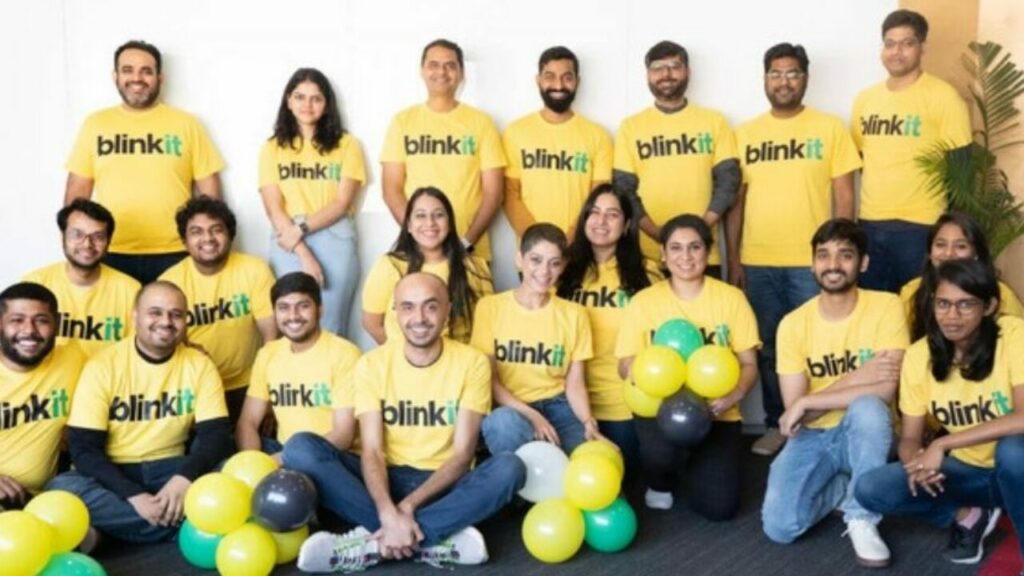Now that Blinkit has been forced to shut down several dark stores in several areas in Delhi, rivals Tata Group-owned Big Basket’s BBNow and Zepto have seen a sharp boom in business.

The closure comes after protests and strikes staged by delivery executives
Reduced pay
The matter has to do with the lowering of payouts.
The workers are demanding rollback of the company’s revised payout structure.
Blinkit has changed its payout system from a flat Rs 25 per delivery (plus Rs 7 during peak hours) to a Rs 15 per delivery minimum fee along with a distance-based component.
Zomato statement
The changes to pay were made to “address the needs of delivery partners, improve customer experience and reduce cancellation/order rejection frauds by few delivery partners in the system,” Zomato said.
Rivals such as Swiggy Instamart, Zepto, Dunzo and BigBasket saw their order volumes surge up to 40 percent and marketing costs drop by as much as Rs 1 crore in the last five days.
Orders volume, revenue, savings
“We are getting the orders and data of tens of thousands of their customers.
It’s giving us free marketing and we have saved as much as Rs 1 crore…
This is the amount we would have to spend to get these new users,” said a senior executive of a quick-commerce player that has seen order volumes surge 30-40 percent week on week.
Two other executives at different quick-commerce firms said they were seeing order volumes rise by 25 percent and 30 percent.
User retention
However new users won’t have good retention on the platforms as consumers tend to return to their go-to app whenever things get back to normal.
“For example, we saw our food delivery orders almost double when one of our rivals saw a strike in Chennai recently.
But it was back to normal when the strike ended,” said one of the executives.
Similar situation
The situation in Blinkit, and the quick-commerce space in general, is reminiscent of what food delivery players like Zomato and Swiggy had experienced earlier.
About five years ago, the payout to a food delivery partner was around Rs 90 but has now reduced to about Rs 57-60, analysts said.
A trend not unusual
Swapnil Potdukhe, assistant vice president, JM Financial explains that strikes are common when businesses reach a certain scale.
The next objective is to focus on profits, so the incentives start tapering off.”
According to an industry executive, the hyperlocal delivery sector’s modus operandi is to cut delivery fees paid to riders whenever the volume of orders rises in an area.
Strategy
Companies make a rough calculation such that a delivery worker gets to earn around Rs 15,000 per month in a top metro.
This calculation is based on the assumption that the gig worker is logged on for 10-12 hours per day for 26-27 days a month.
“As the number of deliveries per worker per hour rises when the platforms’ total orders in an area grow, the companies look to make their orders more profitable by cutting the payouts per order,” an insider.
Incentives
On top of the per-order payouts, there also used to be fuel and delivery volume-based incentives, which could go up to Rs 1,400 per week in some cases.
However, these incentives have also been gradually done away with, giving further reason to protest.
A source close to the developments said that Blinkit will roll out new rate cards eventually to all of the dark stores in each city it is present in.












